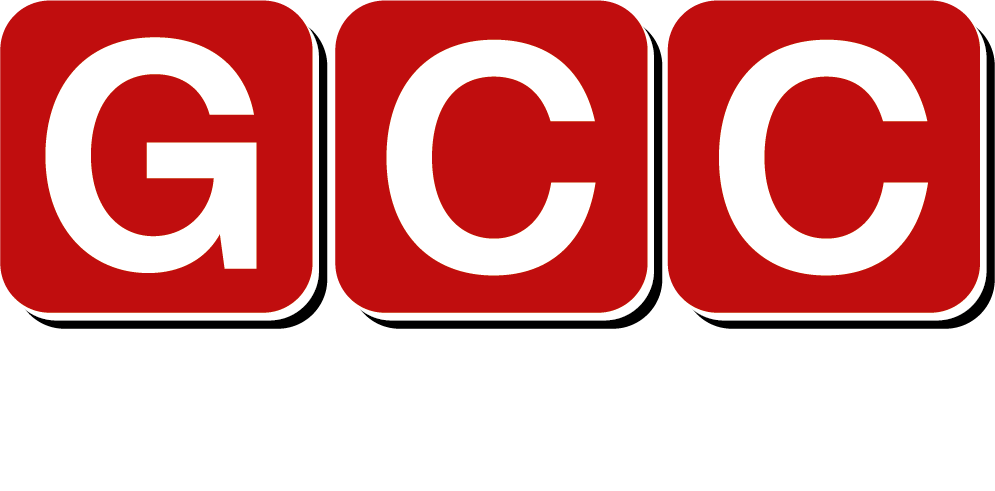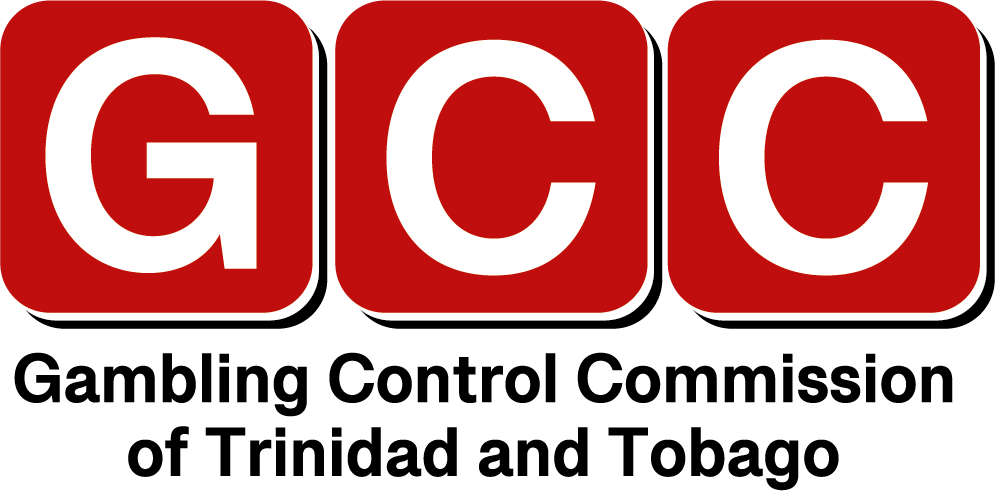FAQs
The following FAQs are intended to help you understand the GCC’s role, its functions and how it will perform its duties as a Regulatory body.
Q: How will the Gambling Control Commission deal with the issue of online gambling?
A: At this time, online betting is not contemplated in the Act. Further guidance and policies will be provided by the Commission.
Q: Will sports betting be allowed in casinos?
A: Sports betting will be allowed in casinos in accordance with the Act and a licence will be required to conduct such activities.
Q: Will the Gambling Control Commission (GCC) be implementing a mechanism to monitor telephone betting at betting shops?
A: Once we achieve full proclamation of the Act, the Gambling Control Commission (GCC) will put into effect a cadre of suitably qualified officers who will be empowered to enforce the laws and regulations regarding betting.
Q: How will casinos verify persons on cruise ships who may choose to gamble on shore and spend above the legislated threshold of USD 3,000?
A: All persons who meet or exceed the USD 3,000 must submit to the law – Customer Due Diligence (CDD). Cruise ship gambling will be dealt with via regulations/policies issued by the Commission.
Q: How will the amusement games be regulated when they operate in an environment with less security requirements than a casino?
A: Gambling Control Commission (GCC) along with Trinidad and Tobago Police Service (TTPS) will work towards enforcing regulations of the amusement industry.
CRIME AND CORRUPTION
Q: Crime is a major concern in society, how will the GCC ensure that criminal elements do not infiltrate the Gambling industry?
A: The GCC is a regulatory agency that is charged with the regulation, licensing and monitoring of the gambling industry. We believe with the formulation and implementation of policies, codes of practice and procedures, and other measures of regulation and control, we will bring a high degree of oversight, modernity and professionalism to the industry.
While the GCC has certain powers of enforcement pertaining to the issuing of licences, we will also work with national security agencies such as the Trinidad and Tobago Police Service (TTPS), and financial agencies such as the Financial Intelligence Unit (FIU) to ensure that our operators and other stakeholders in the industry are protected and that the industry functions free from infiltration of criminal elements.
Q: How will the GCC ensure that its own staff will not become susceptible to corruption from the industry?
A: The GCC has a detailed strategy for managing its human resources including its hiring policies and practices. The Board of Directors will be guided by the Integrity Public Life Act. In addition, staff of the GCC will be required to adhere to the GCC’s Code of Ethics and Code of Conduct Policies of the Commission Background checks will also be conducted on staff, both prior to and during their employment.
RESPONSIBLE GAMBLING
Q: Can you describe what is meant by Responsible Gambling?
A: One of the key areas of focus of the Gambling Control Commission is to make gambling safe for all stakeholders including operators, customers and the community. Responsible gambling or as it is also referenced “safe gambling” refers to how patrons engage in gambling – for entertainment.
We understand the ill effects of gambling – when it is done in the extreme, when it becomes an addiction. Lives and families are destroyed. We want to dispel that as much as possible. In the legislation, we have provisions under the regulations for the establishment of an Office for Responsible Gambling. This Office – within the GCC, will work with operators, government agencies and other private organisations to assist persons with gambling addiction. We are in the process of setting up this department and can provide greater detail once it is fully constituted.
Q: How will the GCC educate the public on Responsible Gambling?
A: A comprehensive educational programme will be implemented.
Q: What policies will be in place to facilitate the rehabilitation of gambling addicts?
A: The Act calls for the establishment of a Rehabilitation Fund, to support non-governmental organisation and other groups that are working with vulnerable persons, and their families, who may be negatively impacted by the effects of gambling addiction. Once the Act is fully proclaimed this will come into effect.
Q: What is the role of the owners and managers of gambling establishments in the identification of problem gamblers and how will the GCC play an active role in this process?
A: The GCC has drafted regulations related to Responsible Gambling, under the new Act, which will come into force with the full proclamation of the Act. The regulations include the establishment of an Office of Responsible Gambling. It further stipulates, among other things, that each applicant for a gambling licence must submit a Responsible Gambling plan along with their first application.
.
Q: How will the Gambling Control Commission (GCC) be able to enforce the regulations and the provisions of the new legislation?
A: The Gambling Control Commission has powers of enforcement, under the Act – Gambling (Gaming and Betting) Control Act No.8, 2021. These powers of enforcement give the GCC, and its authorised officers, powers to inspect and monitor premises and machines as well as conduct investigations into complaints from customers and clients of licensees.
The GCC’s authorised and enforcement officers may also engage assistance and support from external agencies such as the TTPS and the Customs and Excise Division in respect of matters related to gambling and associated activities. This is further outlined in Section 13 (1) (b) and Part VII of the Act.
Q: What enforcement is in place to deal with operators who choose to permit patrons to gamble without identifying and verifying their information by law?
A: Prohibitive penalties have been recommended for rogue operations if caught.
Q: How will the GCC handle Illegal operators?
A: The issues of illegal operators will be addressed through the licensing regime and enforcement measures.
Q: Who will be eligible for licences under the new Act?
A: Section 41 (2) of the Act outlines the persons who are eligible and are required to hold licences in order to operate a gambling establishment.
All persons who own, operate, and involved with establishments where gambling (gaming and betting) takes place will be required to apply for and receive licences to operate under the Act. Persons seeking to open such businesses will have to apply for the relevant licence before they can operate.
Q: Who will be required to apply for a licence? Are licences specific to organisations or do they apply to individuals?
A: Section 31 (1) of the Act makes clear who can apply for licences and the conditions under which they can apply. Additionally, Section 41 (2) lists the persons who shall not be involved with any activities under the Act unless they first obtain a Personal Licence.
Q: What policies will be in place to facilitate the rehabilitation of gambling addicts?
A: Through the rehabilitation fund persons can seek the requisite assistance. Additionally, guidelines will be published by the Rehabilitation and Development Fund Committee, which is appointed by the Minister of Finance.
Q: What is the role of the gambling management in the identification of problem gamblers and how will the GCC play an active role in this process?
A: All gambling establishments will be required to observe all social responsibility code of practice guidelines issued by the GCC.
Q: What systems are in place to enable a husband, wife or children to make a report to the relevant authority?
A: Social responsibility code of practice guidelines provides for easy accessibility for family members to opt-in relevant programs.
Q: How will the GCC educate the public on responsible gambling?
A: A comprehensive educational programme will be implemented.

